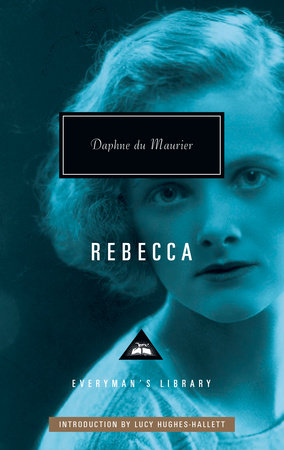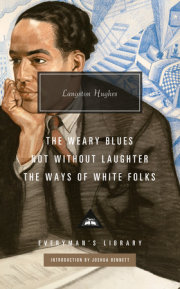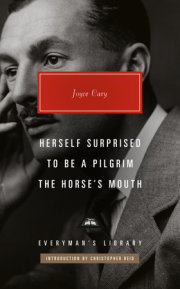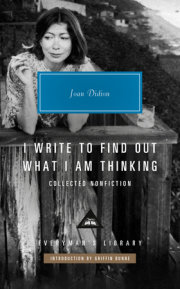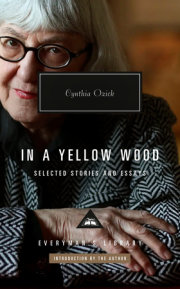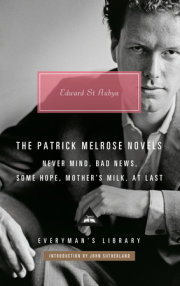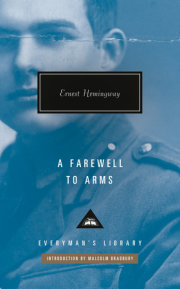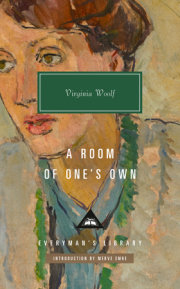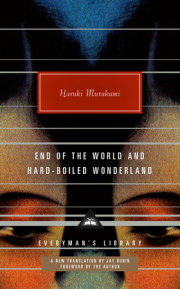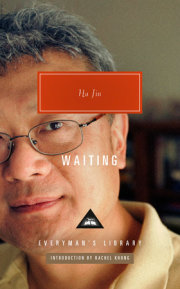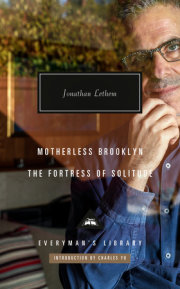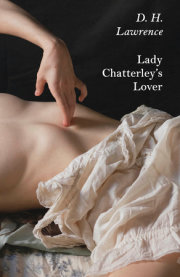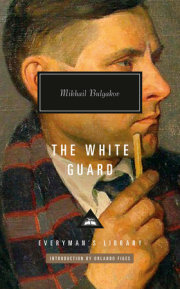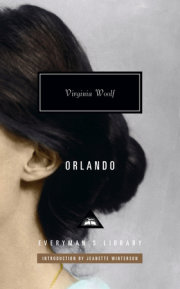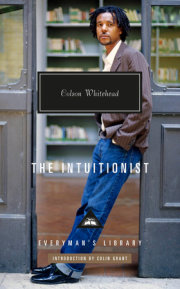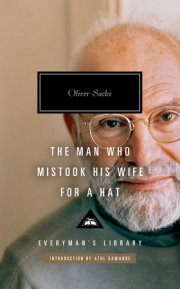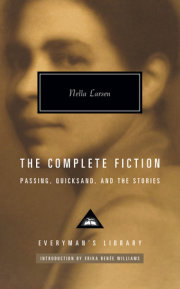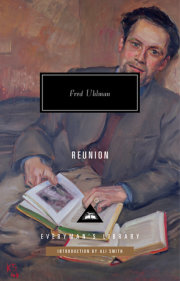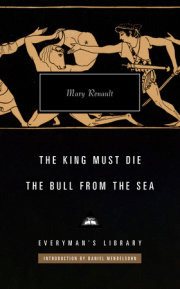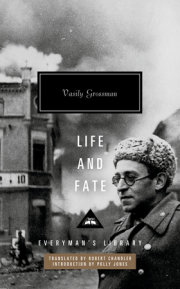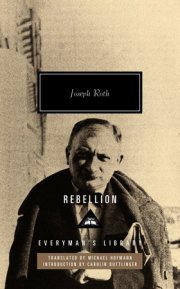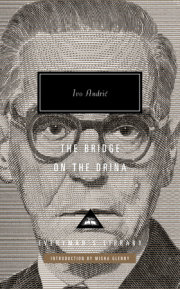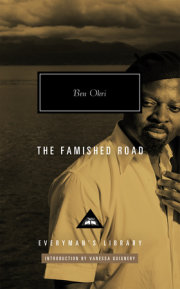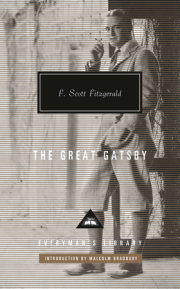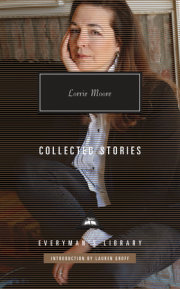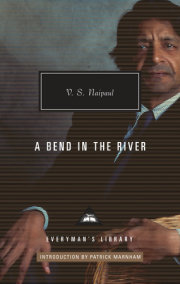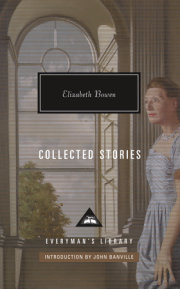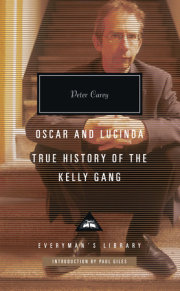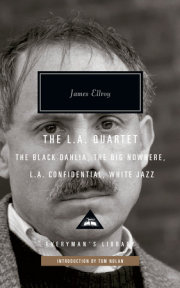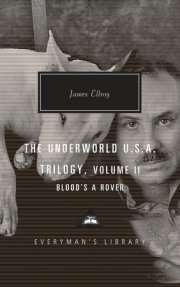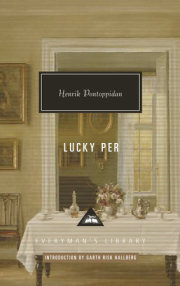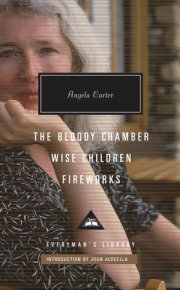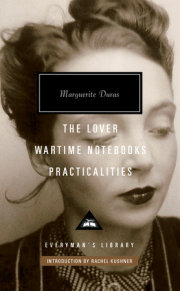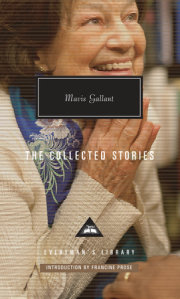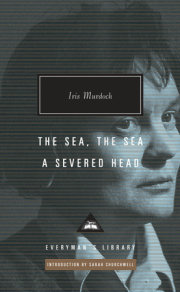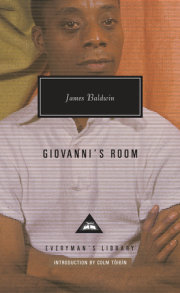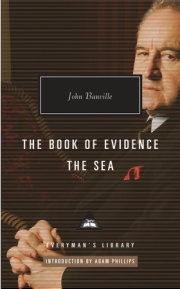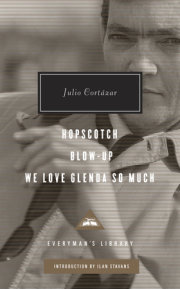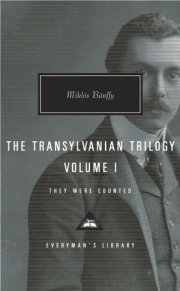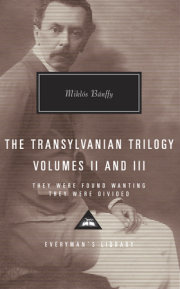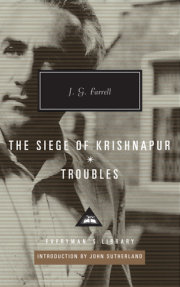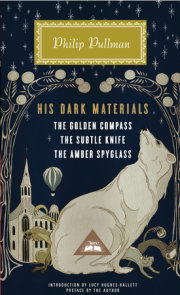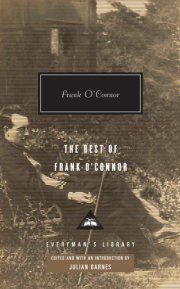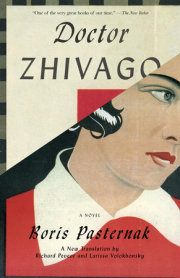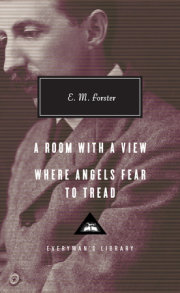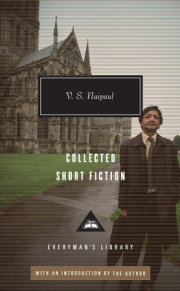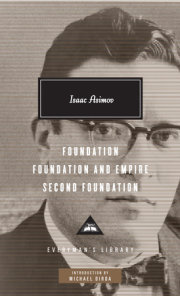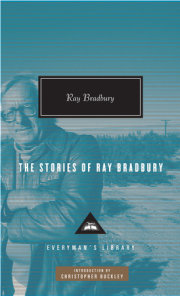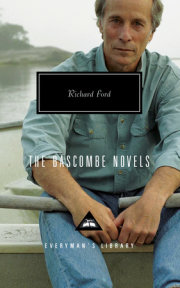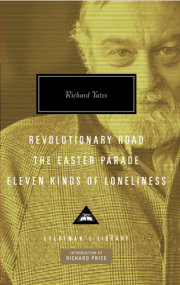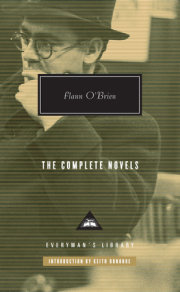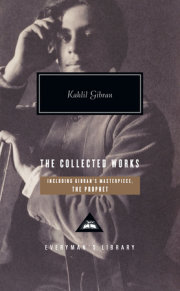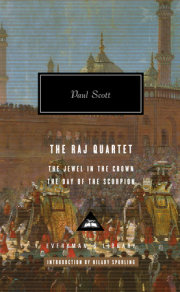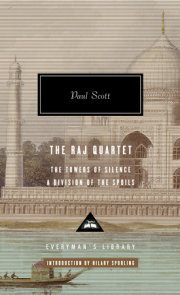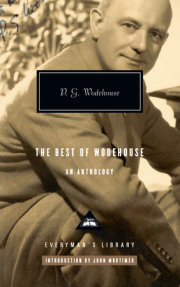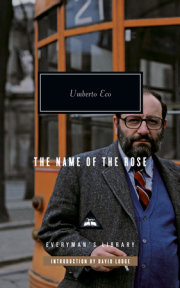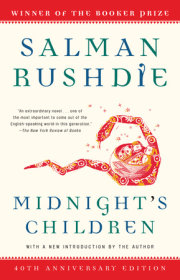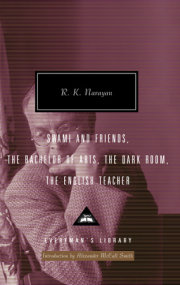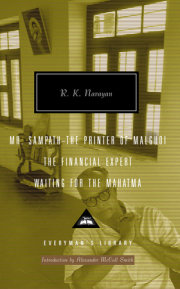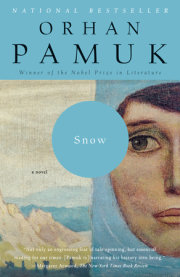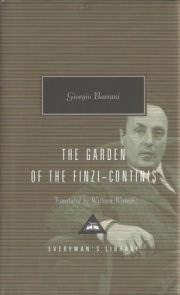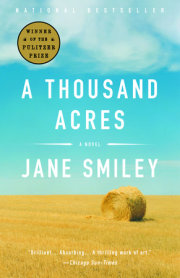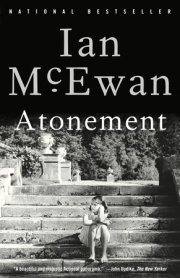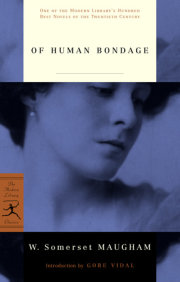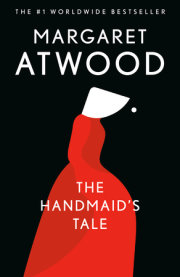from the Introduction by Lucy Hughes-Hallett
Daphne du Maurier’s publisher, Victor Gollancz, announcing
Rebecca in 1938, called it an ‘exquisite love-story’, which says more for his salesmanship than it does for his truthfulness. Du Maurier herself was closer to the mark when she described the novel as ‘a sinister tale about a woman who marries a widower… Psychological and rather macabre.’
There are few kisses in
Rebecca, most of them swift pecks, and the only person who is frequently caressed is Jasper the dog. It’s a novel full of powerful emotions – jealousy being the dominant one. In it love is a disappointing thing. ‘We are happy, aren’t we?’ asks the narrator, ‘Terribly happy?’ ‘If you say we are happy,’ says her husband, ‘Let’s leave it at that.’ There is romance in this book, but it’s not about courtship and marriage. Rather it is the romance of place.
Daphne du Maurier started writing
Rebecca in Egypt, where her soldier husband, Colonel ‘Boy’ Browning, was stationed. She seems to have taken little interest in the Egyptians or in the country’s tremendous monuments, and she couldn’t abide the social life of the regimental club and the regimental wives. ‘The effort of talking! I don’t know how people stand it.’ It was so hot that her sweaty fingers stuck to the typewriter keys. The novel she began in Egypt is shot through with nostalgia for Cornwall, and a house she loved there.
To begin then, as the novel does, with Manderley. It is one of the most haunting of fictional houses – more imposing and mysterious than Howard’s End, more solidly concrete than the ‘lost domain’ to which
Le grand Meaulnes so persistently seeks re-admittance, more powerfully infused with a half-sinister vitality even than Wuthering Heights. It sits amidst lawns and rose-gardens overlooking the sea. It is grand and ancient and serenely beautiful. But it is also a dark and hidden place. Mrs van Hopper, a comically insensitive character who several times voices a truth from which the politer characters shy away, says ‘I’m told it’s like fairyland.’ Its bewilderingly long drive winds through woods that threaten to close over it. Great banks of rhododendrons covered with ‘slaughterous’ blood-red flowers bar the way to it. It is a labyrinth within which something uncanny lurks: it is very, very difficult to work out its floor-plan. It is the immaculately maintained and smartly furnished residence of a gentleman of the 1930s who drives too fast and eats scones for tea and keeps up with the cricket. But it also resembles the castles and palaces in which the Beast awaited Beauty, in which Psyche foolishly insisted on discovering the truth about her lover Cupid, or in which Bluebeard murdered his wives.
I’m getting close to giving something away here. Those coming to
Rebecca for the first time should stop reading at once, and return to this introduction only when they have finished the book.
Rebecca is satisfying on many levels, but its framing narrative is a mystery. The suspense in which the reader is kept is brilliantly achieved. This is a book that can be read over and over again, but I don’t want to be responsible for spoiling the delicious repeated shocks to which the first-time reader is subjected.
***
So – to speak now to those already in the know – let us go on from a place to a person, to the second Mrs de Winter. She has a ‘lovely and unusual’ first name, but we are never told it. In order to write about her, though, I must give her one. Let us call her ‘N’, for narrator, a more appropriate epithet for this lank-haired, diffident person than ‘H’ for heroine would be.
She addresses us from a point in time after the story is over.
Rebecca has often been described as a reworking of
Jane Eyre. There are obvious similarities between the two novels’ plots (impoverished young woman marries rich older man, encounters problems connected with his first wife, and finally achieves a satisfactory relationship with him after the burning down of his house has left him a sadly reduced and pathetic figure). More subtly, du Maurier also follows Charlotte Bronte in giving her heroine a double nature. Just as Jane Eyre is both the young woman of the story and the much older narrator, so du Maurier’s heroine is at once the socially-clumsy, yearning girl that she is when the action begins, and the poised, carefully self-censoring wife that she is as she launches – we don’t know how much later -- into her retrospective narrative. That dual consciousness gives her psychological verisimilitude and complexity, as the twin lenses of a pair of binoculars give a greater depth of focus than a single glass can do.
Reader, she marries him -- not in the final chapter, as Jane Eyre does, but early on in the narrative. That getting her man is a far, far different thing from achieving happiness is evident from the very moment of the proposal. ‘I’m asking you to marry me, you little fool” says Maxim de Winter. In a less subtle work his rudeness might seem thrillingly masculine -- kind of Rhett Butlerish (
Gone with the Wind was published two years before Rebecca came out in 1938), kind of hard-boiled Humphrey-Bogartian cool -- but our narrator knows that it is a sign of something wrong, of an emotional flaw in her suitor. As so often in this book, a psychological clue is conveyed by a sensual detail. The tangerine he has offered her is sour. ‘I had a sharp, bitter taste in my mouth.’
Du Maurier’s biographer Margaret Forster has written that in Maxim de Winter du Maurier ‘created a man the reader was bound to dislike . . . harsh, dominant, bad-tempered’. She overstates the case. Maxim is alluringly sophisticated, and his evasiveness and moodiness can be read as Byronic mystery, Byronic melancholy. He is just the sort of man a naïve girl might fall in love with. But Forster is right that it’s immediately obvious this is not going to be an easy marriage. At the time of their courtship N thinks ‘It was foolish to go on having that pain in the pit of my stomach when I was so happy. Nerves of course.’ But we sense that her instinct is sound when she wishes, for a moment, that ‘none of it had happened’ that she was still unattached, ‘going for a walk and whistling’.
***
N longs to be a woman of thirty-six in black satin rather than a gauche young person in home-made jumpers and a sensible brown frock. She repeatedly makes a fool of herself. The passages in which she does so are wonderfully observed pieces of comic writing: we groan as we read of her mortification. Too shy to ask the way around her own new home, she crosses the hall, watched by the imperturbable butler, opens a door with an air of assumed confidence and finds herself in a back room full of stacked up chairs and mackintoshes. She sees a maid examine her vests, and, ashamed of them, orders some fine lace-trimmed underwear, only to cancel the order when the sneering maid is replaced by a less intimidating girl. Yet this abject, rather ridiculous young person has one great power – her imagination.
Rebecca’s narrative is ostensibly realistic. It is full of material details, of buttered crumpets and dog-hairs on the sofa, and handkerchiefs forgotten in mackintosh pockets. Yet a surprisingly large proportion of its narrative consists of scenes N is imagining. In any life, actual events are only a part of experience -- fantasies fuelled by hope and apprehension making up the rest. This novel is one of very few that give those might-have-been experiences their proper place.
When Mrs Van Hopper announces they are leaving Monte Carlo N imagines boarding the train with her, ‘holding her jewel case and her rug, like a maid’. She imagines appealing to Maxim, blurting out ‘I love you so much. I’m terribly unhappy.’ She imagines not doing so, and wasting her last few minutes with him exchanging small talk, ‘my dreadful smile stretching across my face’. Fantasies like these give Rebecca its remarkable emotional density.
They allow comparisons between what is and what might have been. As N and Maxim rise from the table after his brusque proposal she thinks he might take her arm, and ‘smilingly’ tell the waiters, ‘You must congratulate us’. The juxtaposition of that fleeting fantasy with his actual behaviour – abruptly walking out of the room ahead of her, before telling her (telling, not suggesting) that there’ll be no church wedding – is sufficient condemnation of that behaviour.
Above all, the contrasts between young N’s hopes, and the older N’s knowledge of what awaits her, provide a rich seam of dramatic ironies. The first time N and Maxim have tea in the library she imagines their future there. She pictures a period of ‘glorious shabbiness’ when their as-yet-unborn sons sprawl on the sofa in muddy boots. And then she imagines a tranquil old age – she and Maxim, with other dogs, but in the same room, following the same routine of four o’clock tea. (Daphne du Maurier treasured routine – what she called ‘routes’.) This vision of peaceful security is exquisitely poignant because we know -- we have known since the very first sentence -- that it will not be realised. There are reminders, scattered throughout the narrative, of how this story will end – glimpses of hotel rooms devoid of atmosphere, of ‘harsh’ blue Mediterranean skies so different from Cornwall’s lush dampness, of a childless couple isolated abroad.
***
Rebecca is an intensely erotic novel, but its eroticism is of a queasy kind. Daphne du Maurier herself said it was ‘about my feelings of jealousy
re my husband and Jan Ricardo,’ Ricardo being an ex-girlfriend of Browning’s. N is jealous from the moment she sees Rebecca’s handwriting. Jealousy is morbid and obsessive. Jealousy drives a person to indulge in shaming, self-tormenting fantasies about the loved one and the other. Jealousy conjures up imaginary rivals. Jealousy infuses even innocent situations with sexual meaning.
During their courtship Maxim hugs N to him in the car but he kisses her only, as one might kiss a child, on the top of her head. She says that their honeymoon was ‘full of gaiety and laughter’, but once back in Manderley the newly-weds sleep in separate beds. When, after confessing to murder, Maxim kisses his wife passionately, we are told he is doing so for the first time. There is a suggestion that -- however often others give N a quick up-and-down to check for signs of pregnancy -- their marriage may not yet have been consummated. For all that, there is a lush sensuality to the life they lead at Manderley.
The charge vibrating through the narrative is almost all displaced from people to inanimate objects: the house, its furnishings, the meals consumed there. The prodigal breakfasts -- the silver chafing-dishes full of sausages and scrambled eggs – and the equally lavish teas are voluptuously suggestive of sensual gratification. Food is sexy. So are flowers. The crimson rhododendrons are terrifyingly carnal: the scent of a crushed azalea petal is a heady intoxicant. And so are clothes, as N’s first visit to Rebecca’s room, with Mrs Danvers as her guide, makes clear.
The only unreserved passion described in
Rebecca is that felt by the sinister Mrs Danvers for the beautiful dead young woman who was her charge and her employer. . . .
Copyright © 2017 by Daphne du Maurier; Introduction by Lucy Hughes-Hallett. All rights reserved. No part of this excerpt may be reproduced or reprinted without permission in writing from the publisher.

